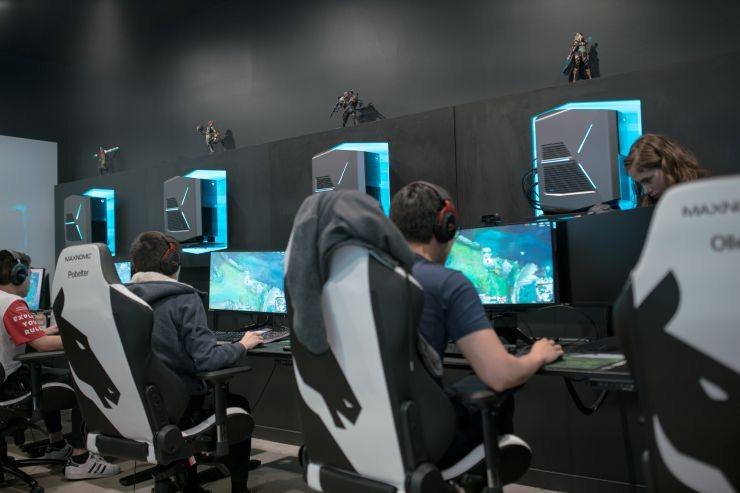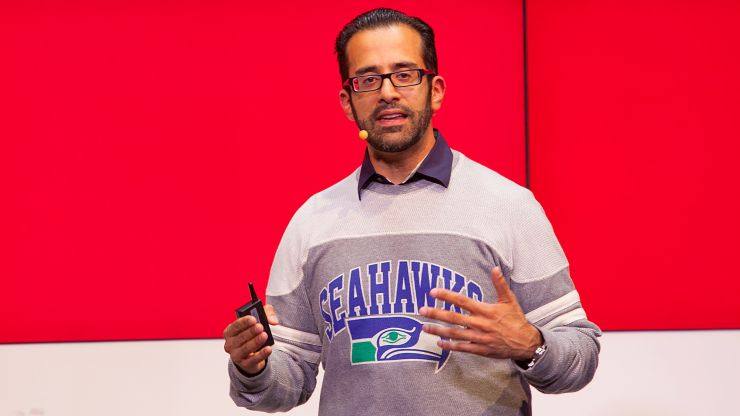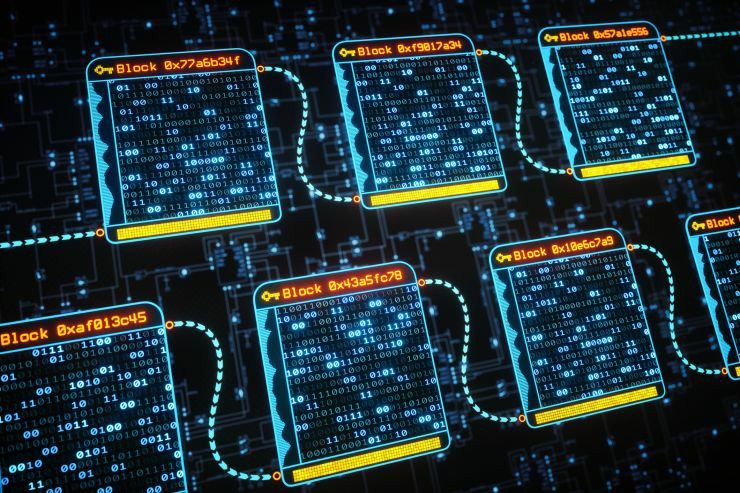Blockchain has its sights set on electronic gaming after disrupting the financial services industry and becoming a bedrock of the cryptocurrency movement.
As gamers increasingly purchase digital avatars and tokens to customize their experience, a growing number of observers think blockchain technology will play a bigger role in the explosive growth of electronic sports.
“We see blockchain adding a whole new dimension to the gaming industry on many different levels — to extend the life of a game, to make it more interesting to gamers and to provide experiences that couldn’t have been provided before,”″ said Steve Grossman, CEO of Planet Digital Partners, a digital securities-funded game publisher.
In fact, blockchain’s buzz in the gaming community could have wide-reaching implications for the entire industry, some observers say. One example is in a cooking simulator game “Cooking Mama,” where players are tasked with completing recipe challenges.
Grossman said the private keys generated for users, which are essentially a series of numbers and letters known solely to the user, can allow players to change expression algorithms in the game.
In turn, players can customize the characters, as well as alter in-game recipes. The private key’s knowledge and accessibility solely to the user also means that players can claim full digital ownership of their creations. In addition, users can share their creations with the “Cooking Mama” community at large, deriving a public key that can then be used to transfer those digital assets between players.
“Digital assets moving around in the PC world have been huge for years, [but] consoles have mainly blocked that,” Grossman said. With blockchain, however, “we found a way to let users work with digital assets on private, key-driven elements … for unique ‘Cooking Mama’ experiences.”
Enhance the gaming experience

As esports capture more of the public’s imagination, some think blockchain could disrupt the industry. Rahul Sood, CEO of esports betting company Unikrn, believes that blockchain could allow digital assets to be traded between different games.
The idea is particularly useful given the rise of the free-to-play business model in gaming, according to Sood. In an FTP game, the vast majority of revenue comes from in-game purchases on the platform since users don’t have to buy the game to play.
“The ability to liquidate or trade … assets into other games would be great, and blockchain could really allow for that,” Sood told CNBC. “Blockchain could disrupt the space in that these virtual items could be traded over blockchain and their whole virtual economy could be built on it.”
Proponents of blockchain say the technology can help promote accountability and transparency in gaming. In Unikrn’s case, over 850,000 accounts have the ability to bet on esports games.
Yet it also means that Unikrn has a large number of transactions to account for, and the sheer volume of those accounts and transactions demands a high-level method of tracking activity.
Blockchain “really is the best way to track transactions,” Sood said, adding that there were “a ton of applications” for its use.
“We can do forensic wallet-tracking, we can see where money is coming from on the platform and we can stop anyone who cheats or games the system,” he said.

However, the digital securities-side of blockchain has also given way to a different avenue for investing in games.
Planet Digital Partners essentially funds games through digital offerings of preferred shares that can be purchased to fund a basket of 10 games — and “Cooking Mama” is just one game in the basket. As revenue is raised from those games, investors receive returns thanks to their initial purchase of those preferred shares.
Grossman and his team essentially launched the system to democratize the games investment. He said there are different sectors of the gaming market, and a good chunk of the sector involves the billion-dollar blockbuster releases that typically see “returns of investment of tens of millions of dollars.”
Yet there’s also a midtier market that has also managed to create hit titles. The presence of digitally offered preferred shares allows for investors to tap into that market as the gaming industry grows.
“The midmarket sector has always been there,” Grossman said. “It’s not a new dynamic, but it’s a dynamic that’s becoming more magnified and [makes the sector an increasingly attractive] investment target.”
Yet gaming participants cautioned that blockchain isn’t necessarily one size fits all for the sector. While it can be used in esports to reduce instances of cheating, or players taking advantage of game glitches, it shouldn’t be “shoehorned” into every circumstance.
“Where I see potential use for blockchain in esports is if a team were to create part of their governance around voting, and you want to vote on what’s happening with the team, player contracts and trading contracts. But it’s an idea that won’t happen in volume,” Sood said.
He stressed that blockchain adds to the gaming experience — but it won’t take precedence over the ideas and elements that make a quality game.
“Blockchain is a cherry on the cake, it helps take it to another level,” he said.









